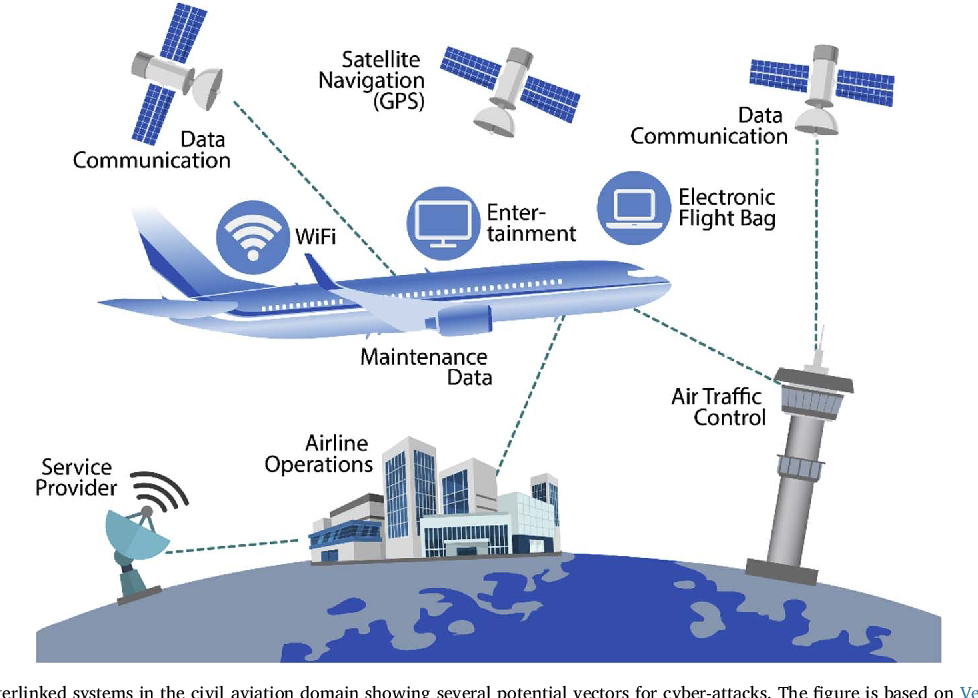Space Threats and Global Navigation System
Since the launch of Sputnik and the so-called missile gap of the late 1950s, the United States and the Soviet Union (and later, Russia) have vied for space supremacy. Through much of the competition, prestige and propaganda value have played at least as large a role as space-faring hardware. Laika, the first dog in space, and Yuri Gagarin, the first man, were potent symbols of a wide-ranging Soviet challenge to American leadership. The United States fought back by orbiting Ham, the space chimp, and winning the race to the moon.
Russian and American space efforts have long been paralleled by less public efforts to use space for military purposes. The fearsome and obvious downsides of space-based warfare led to some early and fairly effective international agreements regulating military activities in space. Nuclear weapons and other weapons of mass destruction, for example, are not (as far as I know) stationed in orbit, thanks to the 1967 Outer Space Treaty.
Now, more than five decades later, more countries (and private companies) are using space for more purposes, the possibility of space conflict seems to be growing, and the regulations of an earlier era seem increasingly insufficient to the space reality of the 21st century. In November, Russia used a ground-launched missile to destroy one of its own satellites, creating thousands of pieces of debris that could have endangered the International Space Station. The action drew international condemnation.
But the Russian anti-satellite missile test was hardly the first, and it is only one of many efforts, by many countries (including, notably, China) that suggest competition in space is increasing as space technologies and capabilities advance. To lead off this issue on this 21st century space race, I spoke to Robert Latiff, a retired US Air Force major general and Bulletin Science and Security Board member, about the worsening international security situation as countries jockey for both advantage in space. Latiff, who has served on the staffs of US Air Force Headquarters and the Secretary of the Air Force, summed that situation up in this way: “I guess the point is that there’s a lot of aggressive, sort of threatening language that’s out there. So it’s a lot more, seems to be anyway, a lot more dangerous.”
Read More
https://www.law.upenn.edu/live/files/7859-conflicts-in-space-stephens-steerjan-2016pdf
https://thehill.com/opinion/international/575903-is-conflict-in-space-inevitable
https://en.wikipedia.org/wiki/Space_warfare
https://www.space.com/is-space-war-inevitable-anti-satellite-technoloy
https://www.theatlantic.com/technology/archive/2020/07/space-warfare-unregulated/614059/
https://www.theguardian.com/science/2018/apr/15/its-going-to-happen-is-world-ready-for-war-in-space



Comments
Post a Comment